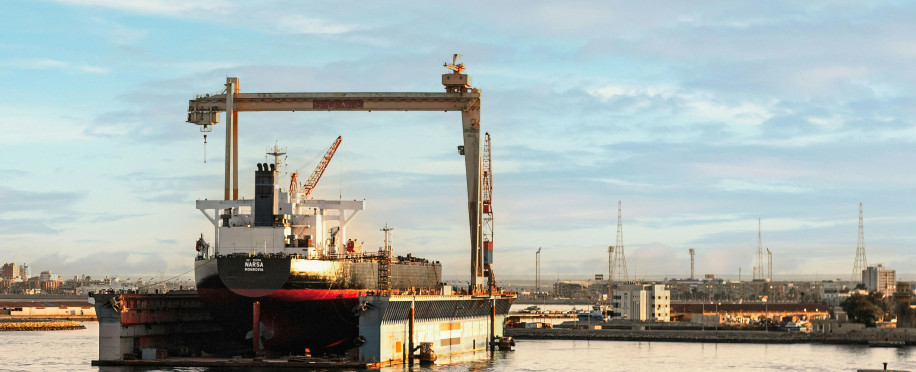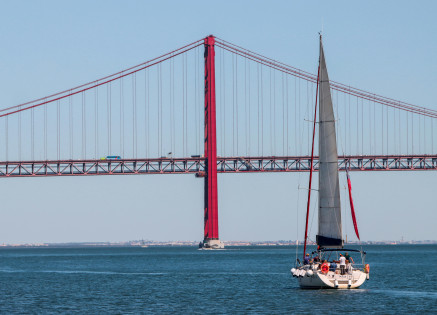Copyright © 2025 lmitac.com All Rights Reserved. Contact - Terms and Conditions - Privacy Policy - Quality Policy - Become an instructor - Vacancies - Sitemap
London Maritime Academy is a trade name for London Premier Groupversion: 2.9.0
London Maritime Academy is a trade name for London Premier Group

Posted on : 9/8/2024, 7:06:18 PM
Cairo, Egypt – The strategic and economic lifeline of Egypt, the Suez Canal, is currently navigating turbulent waters as a wave of maritime attacks in the southern Red Sea creates significant disruptions. This unrest, initiated by increased regional geopolitical tensions, has incited wide-reaching concerns regarding global trade security and substantial financial repercussions for the Egyptian economy.
The Suez Canal, a critical artery in the global shipping network, is experiencing a notable decrease in revenue following these attacks. In 2024, canal revenues fell by an estimated 15% compared to the previous year. This significant dip translates to a decline from $6 billion in 2023 to approximately $5.1 billion in 2024, marking a stark warning for policymakers.
The number of transits through the canal has also been hit hard. Figures indicate a 10% reduction in the volume of ships passing through the Suez Canal, from 21,000 vessel transits in 2023 to just 18,900 in 2024. This downturn is largely attributed to shipping companies opting for alternative routes to circumvent the precarious conditions in the southern Red Sea, despite the longer and more costly voyages.

The adverse financial impact reverberates through the Egyptian economy, heavily reliant on canal revenues. For instance, the Suez Canal's contribution to Egypt’s GDP is expected to drop from 2.5% in 2023 to around 2% in 2024. This shortfall in revenue is poised to affect national foreign exchange reserves, influencing the broader Egyptian financial landscape.
The escalation in attacks has also led to a spike in insurance premiums for ships opting to traverse the Suez Canal. Shipping companies are now facing insurance hikes of up to 30%, driving up freight costs. This increase in operational costs has a ripple effect, ultimately impacting global trade prices and consumer markets worldwide.
Shipping companies are increasingly reconsidering their reliance on the Suez Canal amid heightened security concerns. There is a marked shift toward routes that bypass the Red Sea, such as the Cape of Good Hope. Although lengthier, these alternatives provide a more secure passage, mitigating the risks posed by the volatile geopolitical climate.
In response to these challenges, there are widespread calls for enhanced security measures and international cooperation to stabilize the region. The Egyptian government, in coordination with global maritime authorities, is pondering comprehensive strategies to bolster security and restore confidence among shipping entities.
In conclusion, these events highlight the critical importance of enhancing maritime security and the need to be prepared for escalating challenges in global trade routes. In this context, maritime managers and industry leaders need to expand their knowledge and develop their skills in Safety & Security training courses. Such programs are vital for equipping professionals with the tools and strategies to navigate and mitigate the risks posed by volatile geopolitical climates, ensuring the continued safety and efficiency of crucial maritime corridors like the Suez Canal.